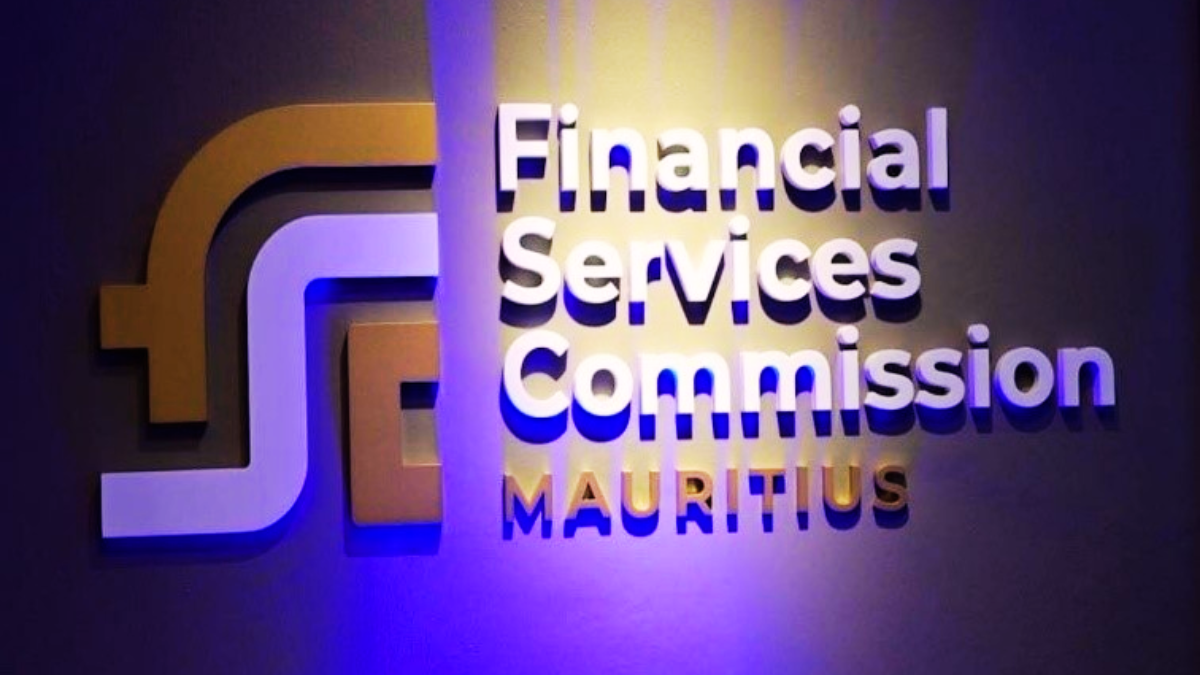Politics
Unrest in Mauritian Financial Sector: Can Redemption Be Achieved?

After the various scandals that have rocked it and the repercussions of being included on the European Union blacklist, the Mauritian financial sector has created a self-imposed environment that appears unfavourable.
Redeeming its image is no easy task for the Mauritian financial sector, which was tainted by Mauritius’ presence on the grey list of the Financial Action Task Force and the European Union blacklist.
Overcoming these challenges, the Mauritian jurisdiction promptly checked all 40 boxes to comply with the Financial Action Task Force (FATF) recommendations.
This significant achievement should have allowed the local financial center to stand out on the international stage. However, some recent changes have come into play, changing the landscape quite significantly.
An operator, speaking anonymously, has suggested that an air of instability is being felt within the Mauritian financial sector.
Speaking to Defi Media, he expressed concerns over an unexpected ministerial reshuffle took place last February, with Sunil Bholah replacing Mahen Seeruttun as Minister of Financial Services, while the Financial Services Commission (FSC) bid farewell to its Chief Executive, Dhanesswurnath Thakoor, a month later.
Since March 23, the regulatory body has been operating under the guidance of an Officer-in-charge, Prakash Seewoosunkur, without justification being provided for the circumstances leading to this decision. Speculation arises over the Minister’s first foreign mission to India, where both Sunil Bholah and the former FSC CEO Thakoor were present. Questions remain regarding the reasons behind Thakoor’s sudden departure while in India; did Thakoor overshadow the new minister or commit an error that warranted his contract not being renewed?
A Mauritian delegation, including FSC representatives, met with investors and other parties in India. Concerns arise over potential collaborations resulting from these meetings. The impact of Thakoor’s absence from the FSC on these prospective partnerships is questioned, representing a potentially unfavorable signal to the international community.
Additionally, the forthcoming establishment of a Financial Crimes Commission (FCC) is not entirely welcomed by the Mauritian private financial sector. While facing legal challenges from the Office of the Director of Public Prosecutions (DPP) in the Supreme Court, the introduction of the controversial FCC is met with skepticism by some operators who view it unfavorably.
Despite these challenges, Mauritius Finance (MF) remains cautiously optimistic about the prevailing situation in the Mauritian financial sector.
President Shamima Mallam-Hassam of MF believes that recent changes will not hinder sectoral development, as operations continue relatively unhindered. She assures that ongoing work at FSC is being actively pursued by technical staff, ensuring continuity in the sector. Discussions have already taken place with the interim FSC Chief Executive, promising a smooth transition of duties.
Former Minister of Financial Services Sudhir Seesungkur shares his views on recent developments in the financial sector, expressing concerns about the industry’s decline and raising questions regarding institutional stability and strategic planning moving forward.
Source: Defi Media











